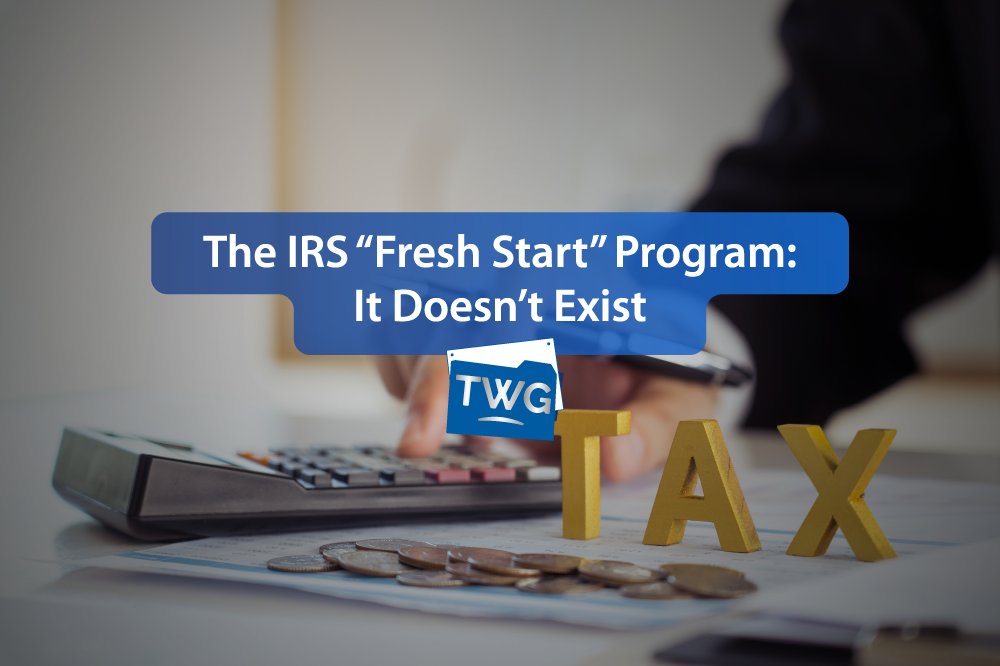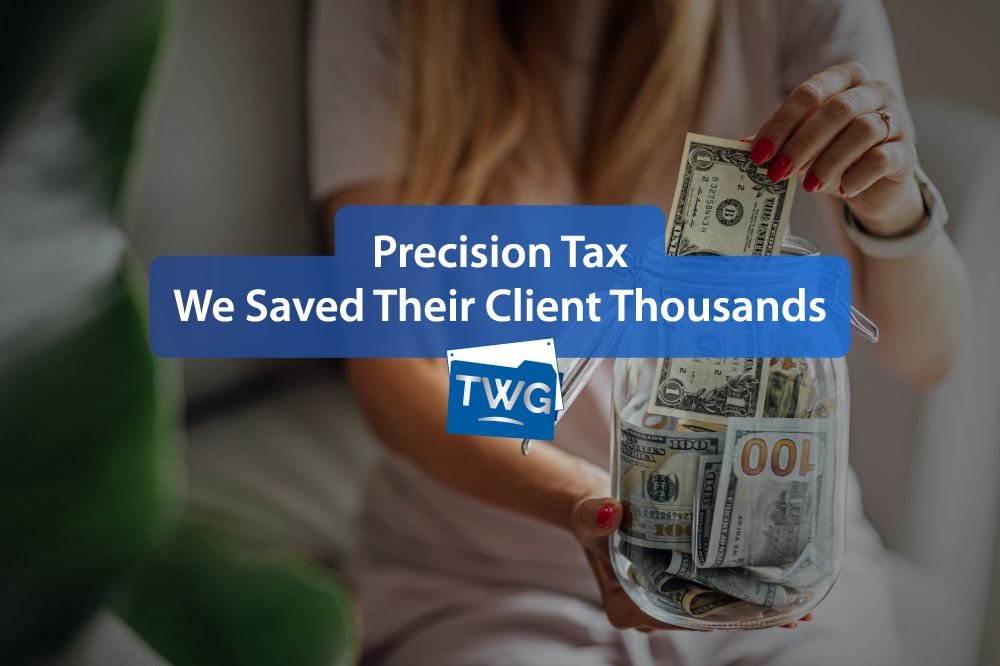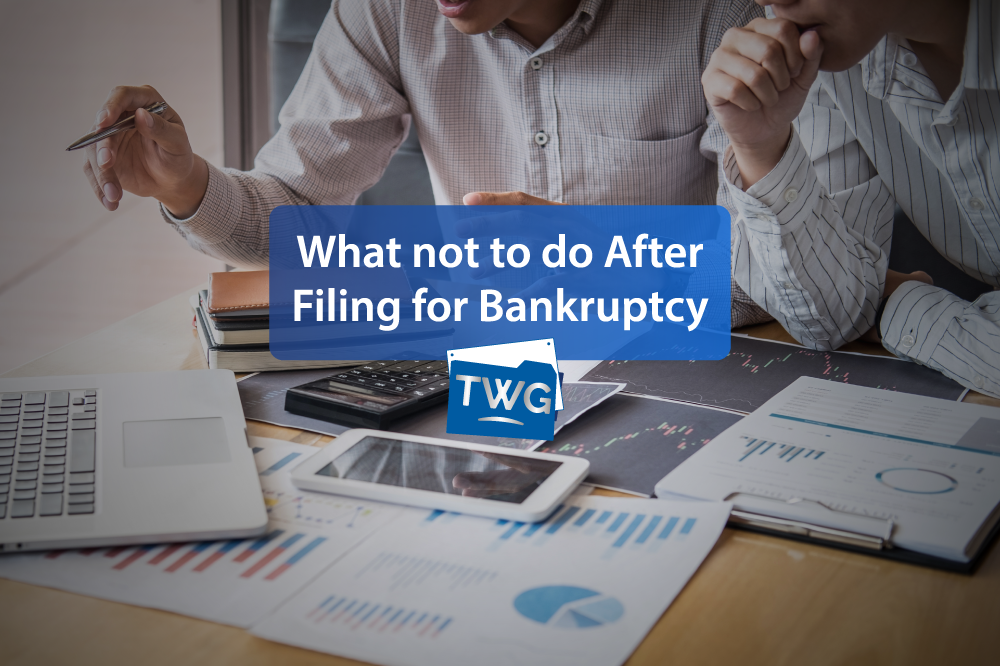-
Should You Consider Chapter 13 Bankruptcy Instead of an IRS Payment Plan?

Now that April 15th has come and gone, millions of Americans have exhaled a collective sigh of relief — unless, of course, you still owe the IRS. If you’re one of the unlucky taxpayers now staring down a balance due (and perhaps a love letter from the IRS marked “Final Notice of Intent to Levy”),…
-
The Tax Survival Arsenal — for When the IRS Comes Knocking, and Before

I doubt if many people associate good dreams with the IRS. Nightmares, maybe, but in any event not the kind of thoughts to take into Z-Land. And not the kind of thoughts to wake up to either. Come to think of it, I don’t believe there is any good time for thoughts like that. I…
-
The IRS “Fresh Start” Program: It Doesn’t Exist

There is not now and there never has been an IRS Fresh Start Program. None. Nada. If anyone tells you different, they’re selling false hopes of utopia and you’re the prospective payor. Let’s start with a bit of background. The IRS started using the optimistic and somewhat friendly sounding catchphrase “Fresh Start” with a brief…
-
Precision Tax: We Saved Their Client Thousands

A Precision Tax client became a client of Tax Workout Group, and their story took a dramatic and life-changing turn. Wanna know what happened? Read on. Different tax practitioners tend to handle things differently. And while there usually are several possible solutions to every problem, some are just better than others. Some are way better.…
-
Explained: What Can You Not Do After Filing Bankruptcy

Historically stigmatized as a shameful last resort, an acknowledgment of moral and financial failure, bankruptcy proceedings have morphed into a valuable tool for resolving a broad range of personal and/or business situations. Begin with the fact that a bankruptcy judge essentially has the power of a god. To do just about anything when you’re in…
-
What Happens to Liens in Chapter 13 Bankruptcy?

Chapter 13 bankruptcy provides a powerful tool for individuals who need to reorganize their debts, protect essential assets, and return to solid financial footing. However, the impact of a lien—especially a tax lien—within a Chapter 13 case can present some unique challenges for the taxpayer. The Bankruptcy Code defines a lien as a “charge against…
-
What can Tax Attorneys do to eliminate tax debt when filing bankruptcy?

The tax attorney is important in ensuring tax debt’s proper discharge or elimination. Since the dischargeability (elimination) of tax debt requires that each tax claim satisfy a complex set of rules under the US Bankruptcy Code, tax attorneys are most suited to ensure each rule is met and provide a detailed analysis in support of…
-
Don’t file an IRS Offer in Compromise for Tax Relief – Here’s Why

Why not you ask? Most applicants do not qualify, and there are often more viable options. In addition, the Offer-In-Compromise (“OIC”) will only address IRS tax claims, and there very often is additional non-tax debt that will remain unaffected. A tax bankruptcy can eliminate everything and provide an actual “fresh start.” Often, a partial-pay installment…
-
All About Filing Bankruptcy on State Tax Debt

The US Bankruptcy Code does not differentiate between Federal and state tax claims. Instead, the nature and type of tax claim dictate its treatment in a bankruptcy case. We will outline the terms in which state income and other state taxes are assessed, within this article. For state income tax claims, these rules apply: State…
-
All About Including IRS Debt in Chapter 7 Bankruptcy

Before considering Chapter 7 as a means of wiping out your tax debt, you must review each tax claim with a qualified Tax-Bankruptcy attorney. The last thing you want to do is file a bankruptcy and later discover that your tax debt was not eliminated. If done right, the bankruptcy filing can be an effective…